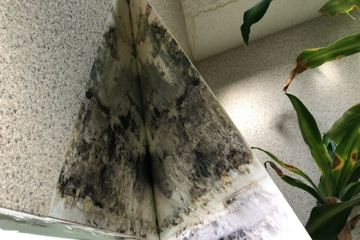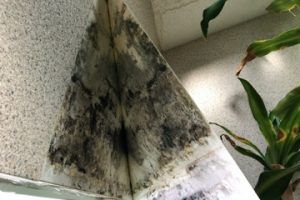

The human body often responds to mold exposure in one way or another, be it seemingly worsened seasonal allergies or outright flu-like symptoms. And in a world where a persistent cough could be a cause for concern, it’s more important now than ever to determine its source.
And one avenue to investigate? Toxic mold. Here’s what you need to know about the hazardous spores that may be lurking in your home or business property:
Defining Toxic Mold
Mold and fungi are naturally occurring around the globe — some of which are even designated for consumption by way of food enhancement. But what, exactly, sets certain strains apart as “toxic”? The answer: They generate hazardous byproducts known as mycotoxins.
“More than 200 mycotoxins from common molds have been identified, and many more remain to be identified,” the Environmental Protection Agency explained. “The amount and types of mycotoxins produced by a particular mold depends on many environmental and genetic factors.”
These mold variations typically require constant moisture to grow, meaning buildings featuring extensive water damage are most at risk of developing spores. Specifically, the most widely-known mycotoxins-producing mold is Stachybotrys chartarum, otherwise known as “black mold.”
What Mold Exposure Means For You
As mentioned previously, mold is credited for being one source of heightened allergy symptoms for those residing in areas of poor indoor air quality. But toxic mold can do more than that: it can cause skin rashes, eye irritation, respiratory infections like pneumonia, and more.
“Mold growth in homes, schools, and businesses should be eliminated for the sake of human health, structural integrity, and quality of life,” according to the National Capital Poison Center.
In short, what symptoms a person experiences as a result of toxic mold exposure may vary, but the bottom line is that prevention and treatment are key to maintaining a healthy building.
Taking The Next Steps
While cleaning up small, isolated areas of standard mold can often be achieved by homeowners, larger areas of mold require the touch of professionals to safely and effectively remove the hazard.
But what if you’re not sure if mold is actually present? If this question is gnawing at your mind in the wake of moisture intrusion, it’s time to call Luce Air Quality, your indoor environmental experts!
Luce Air Quality doesn’t just perform mold inspections, but we can also perform water damage investigations and help to provide you with comprehensive solutions you can trust. You never have to face toxic mold alone. All you have to do is contact Luce Air Quality at (904)803-1014 or email info@luceairquality.com to schedule your investigation today!


